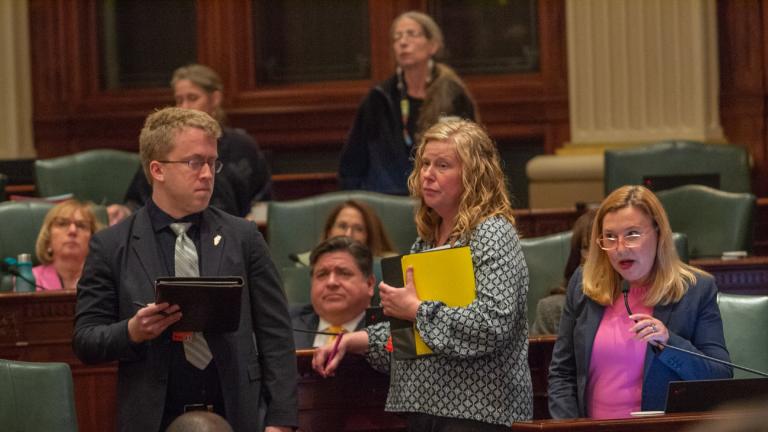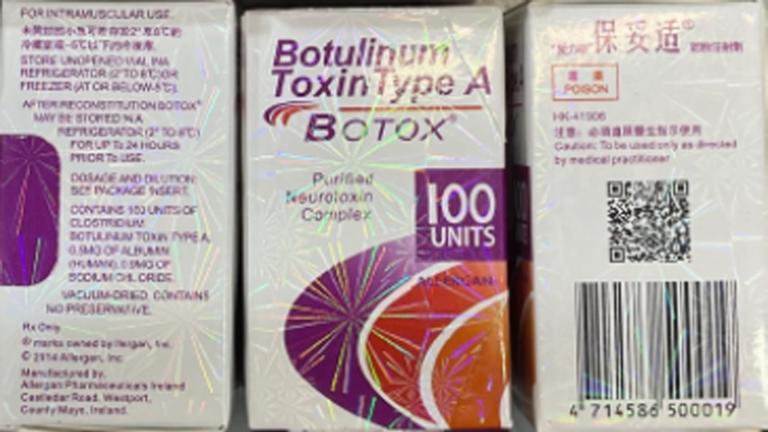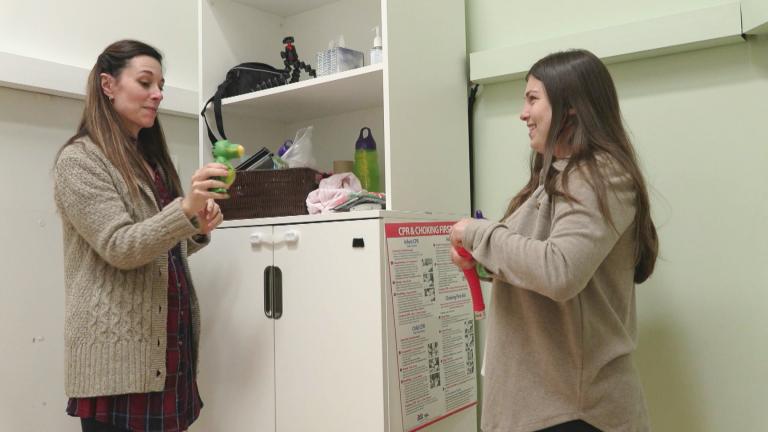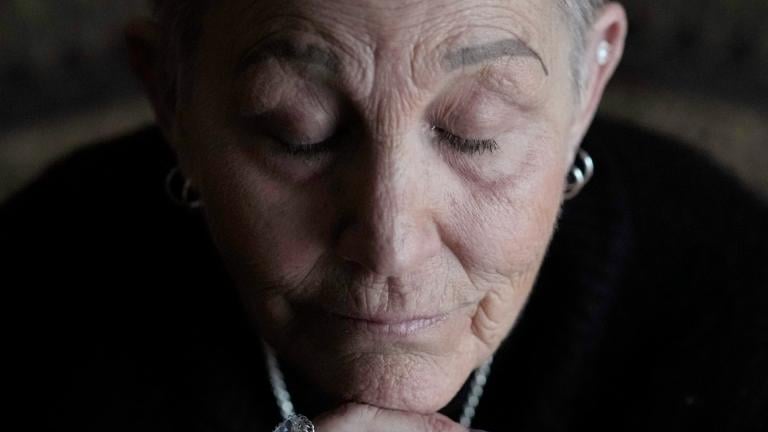It’s been seven years since Quin Taylor received a kidney transplant.
She was in college when her kidneys began to fail.
“I was diagnosed at the age of 20. I was away at school and my body just freaked out,” Taylor said. “I had scabs on my legs, I had a lot of fatigue, frequent urination with a lot of foam. I had blood drawn and got a phone call saying that, ‘Miss Taylor you need to go to the emergency room your kidneys are failing,’ and it was one of the most of defining moments of my life.”
In a blink of an eye, Taylor’s life changed direction.
She was also joining her father in a battle with chronic kidney disease.
“When my doctor let me know that I had to start dialysis, my dad was actually going back to dialysis from having a transplant that lasted him 10 years,” Taylor said. “So, we literally dialyzed together and sat across from each other and shared that experience together.”
Their journey was tough, but she says her father inspired her to keep fighting. After being on kidney dialysis for five years, Taylor received a transplant at age 32.
Her father, Eddie Taylor, died shortly after her transplant.
“It was a very hard time to lose him, but I always find peace that he knows I’m OK … and because he knows it’s going to be OK and I had a kidney that he could leave me, so I could be great and do all these wonderful things that I do today,” Taylor said.
She is now making it her mission to help others navigate through the challenges of having a chronic medical illness through her business, Tayloring Gratitude.
“I think it’s so important for people to go to their health care provider and say I need to screen for kidney disease,” Taylor said. “I have diabetes, I have high blood pressure.”
Dr. Suneel Udani is a nephrologist, or a specialist in kidney care, and also the chair of the advisory board at the National Kidney Foundation of Illinois. He says if the disease is not detected in time, it could lead to dialysis or the need for a kidney transplant.
“As a kidney doctor, I would say the kidneys are essential. Yes you can live with one kidney, that’s why people can donate a kidney, and still live a long healthy life and have no problems,” Udani said. “People are born with one kidney and often times they have a long healthy life function, but we have to be extra careful about protecting them.”
Last year, the National Kidney Foundation launched Kidney Health for Life, a campaign focused on educating and targeting the high rate of kidney disease among the Black, Asian and Latino populations.
“When we look at the issues of health disparities, for example, nearly one and four Black persons are more likely to get kidney disease than the Caucasian population and for the Latino population is one and three,” said Jacqueline Burgess-Bishop, CEO of the National Kidney Foundation.
Known as a silent disease, Udani says, it’s common for people to be living with early stages of kidney disease and have no symptoms. In an effort to reach out to underserved communities, the foundation sends a kidney mobile vehicle to provide free testing.
“People just come and can get a quick blood test and urine test and we get test results very quickly, and there are doctors like myself who will be there to interpret any abnormal result and we can provide them with resources in the community,” Udani said.
The National Kidney Foundation says more than 3,000 people are added to the kidney waiting list each month.
“Although, I thrive in helping other people to survive,” Taylor said. “This isn’t a life I would give to anyone. It’s hard. It’s full of ups and downs but why would you add more to your life than you have to. Your body will be as good as you are it.”
As Taylor continues her work as an advocate, survivor and motivational speaker, she says there’s one person always by her side.
“My dad is very proud of the work that I am doing,” she said. “I wear this necklace in everything I do and inside of it are ashes of my dad, and I know he is always with me. I know he is part of my motivation.
Find out more about the National Kidney Foundation’s resources and support options at kidney.org.








